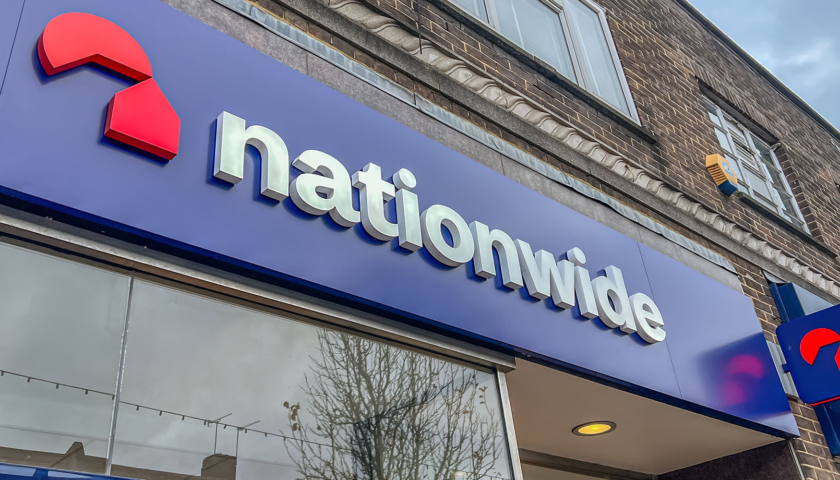Purchasing a property is a major milestone in anyone’s life and a substantial financial commitment, so it’s crucial not to miss these few things that rapidly become frequent errors.
With numerous moving elements involved in buying a house, it’s simple for newcomers to fall into a pitfall of making expensive blunders.
From deposits to credit checks and legal fees, there’s plenty to absorb, and that’s why it’s vital to be mindful of the steps to take and save yourself money along the way.
James Mulvaney, Head of Digital at Clifton Private Finance, revealed what he believes to be the most frequent mistakes first-time purchasers make and offers guidance on how best to steer clear of them.
The biggest slip-ups include:
Financial oversights
“One of the most common mistakes we see is buyers focusing purely on the deposit and forgetting about the other costs,” he explains.
There are numerous key elements that are frequently overlooked when it comes to budgeting.
These include:
The expert explained: “We generally recommend setting aside around 15% of your new home’s value to cover any additional buying costs. According to Zoopla, the average additional cost when purchasing a home in the UK is around 5-7%, but a larger buffer ensures you’re prepared for anything unexpected.”
Credit score oversights
Another frequent error first-time buyers make is failing to review their credit profile with sufficient notice.
Your credit score has a direct impact on the rates and products available to you, according to the expert.
He explained: “Simple errors, like outdated addresses or missed payments, can be fixed, but only if you catch them early.”
Heading straight to your bank
Whilst loyalty makes for compelling marketing when banks are involved, it’s worth remembering they’re keen to sign up as many customers as possible to their own products.
This means it might not suit your needs best, even if it appears the most persuasive option without shopping around.
Mulvaney explained: “If your bank advertises a loyalty rate, don’t overlook other lenders that might offer more competitive deals. Even a small difference can add up over time, leading to higher monthly repayments and potentially costing you thousands more over the course of your mortgage term.”
Throwing in the towel after initial rejection
Facing mortgage rejection can feel crushing, but one refusal doesn’t mean you’ll never receive approval or that you’re considered ‘unmortgageable’.
There are multiple reasons why you might encounter rejection, from failing to meet a lender’s affordability requirements to having an elevated debt-to-income ratio, or perhaps due to an inadequate credit score. He advises: “If this happens, it’s worth speaking to a broker to understand what went wrong and how to improve your chances next time.”
Mulvaney explained that first-time buyers also tend to underestimate how many stakeholders are involved.
He said: “From agents and lenders to solicitors, surveyors, insurers, and inspectors,” which explains why many overlook the additional fees.
Because purchasing a property is financially complex, even small details such as debt-to-income ratios or valuation discrepancies can derail an application.
He further stated: “Some buyers can also be overconfident, assuming they can simply walk into their bank and secure the best deal. That’s rarely the case today, mainly as there are thousands of mortgage products on the market, and lenders’ criteria vary widely.”
Contact one of our highly experienced mortgage advisors today on 0121 500 6316 to discuss your mortgage needs.



